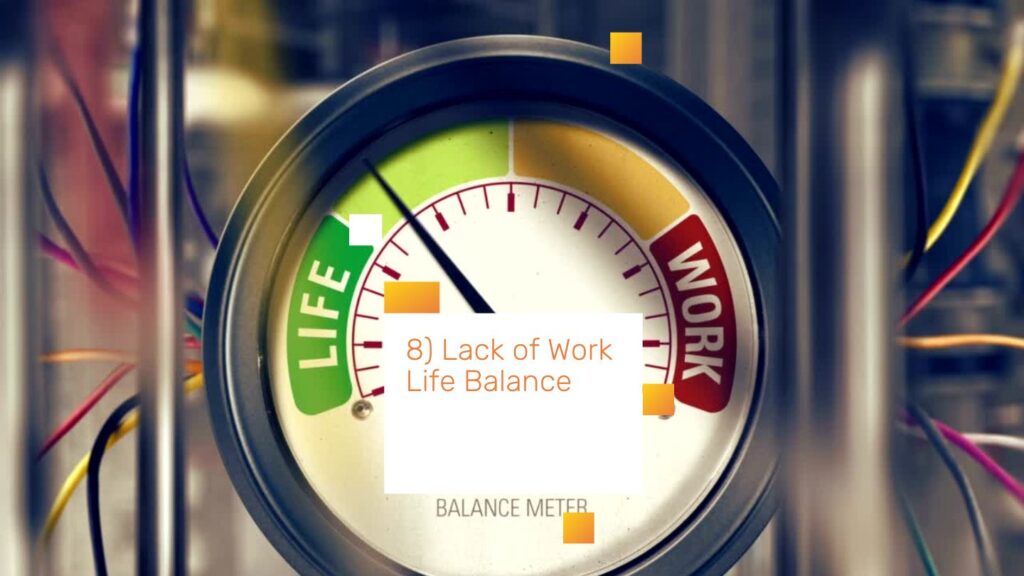
10 Important Psychosocial Risk Factors That May Affect Working Life
There are various psychosocial risk factors encountered in business life. Here are 10 important psychosocial risk factors that can affect working life…

1) Workload. Intense work tempo, excessive working hours and constantly high work-related demands can increase the stress levels of employees.

2) Business Organization. Uncertain job expectations, unclear job descriptions, uncertainty of goals, and constantly changing job requirements can increase employee anxiety levels.

3) Role Conflict. Role conflict, which can arise from the combination of different roles at work, can cause mental and emotional difficulties for employees.

4) Insufficient Control. Employees' lack of sufficient freedom and control to make decisions that may affect their jobs can lead to low motivation and increased stress.

5) Lack of Support. Not getting enough support from colleagues and managers can cause employees to feel isolated and unable to solve work-related problems.

6) Mobbing. Negative behaviors such as harassment, bullying or discrimination in the workplace negatively affect the psychological health and safety of employees.

7) Job Security. Decreased job security or job anxiety can affect employees' overall quality of life and psychological well-being.

8) Lack of Work-Life Balance. Failing to maintain a balance between work and private life can increase employees' stress levels and negatively affect family relationships.

9) Communication Issues. Lack of effective communication in the workplace can lead to misunderstandings, tensions and problems in working relationships.

10) Recognition and Reward System. Unfair reward system, lack of performance-based evaluations or unfair competition can reduce employee motivation and job satisfaction.



